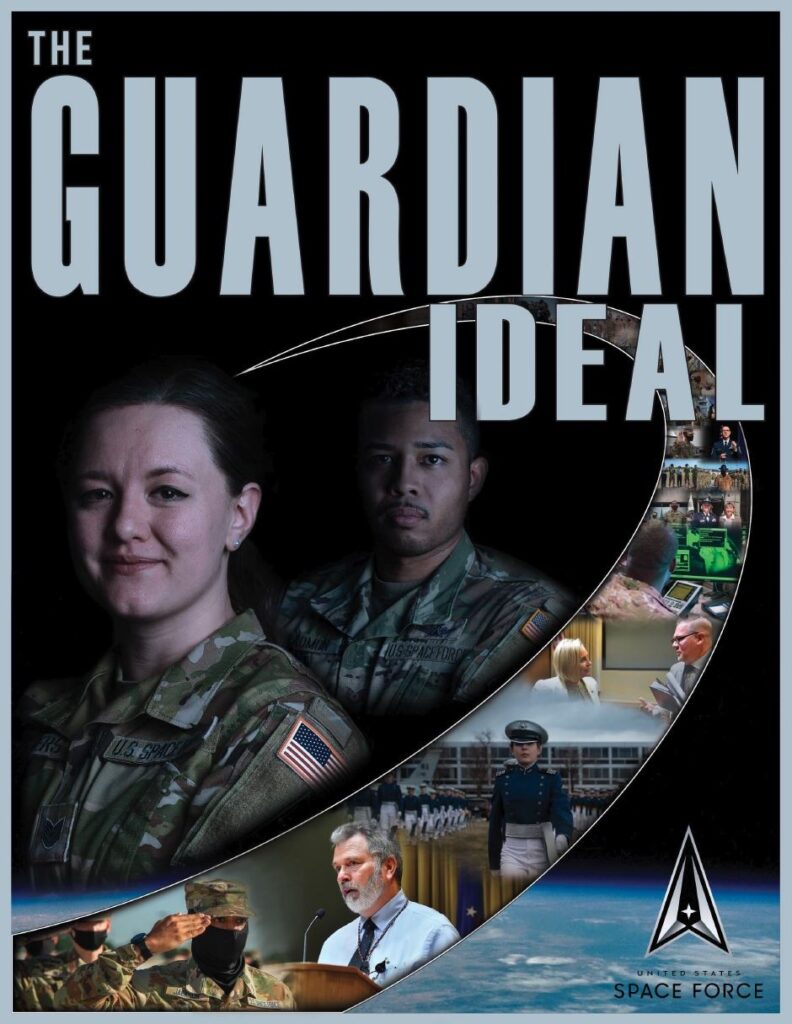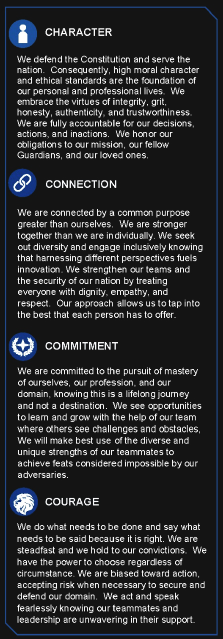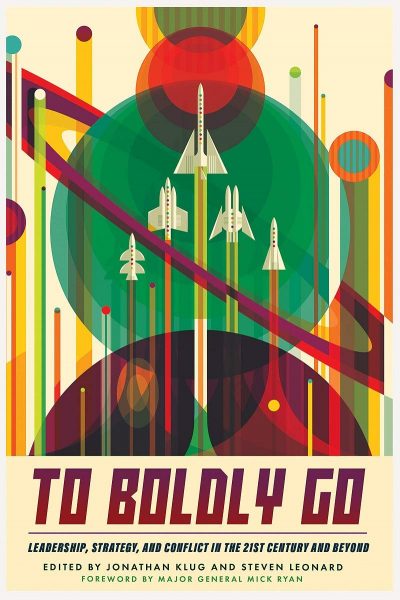The United States Space Force (USSF) today revealed a bold new strategy for human capital management — The Guardian Ideal. In it, the Service takes a values-centric approach and lays out a vision for reforming everything from recruiting and retention to professional development and quality of life. Senior leaders see this not just as an optional quality of life improvement, but as vital to accomplishing its missions with a lean force by attracting, developing, retaining, and empowering the best talent.

The plan, in development for about a year and a half, is perhaps the most ambitious in a series of moves to revolutionize how the Service does business. It follows the USSF Vision for a Digital Service which was released this Spring to implement core tenants of the 2020 Chief of Space Operations’ Planning Guidance.
The challenge facing the Space Force is unique in American history. The Service has been tasked to prepare forces to protect and defend space capabilities and provide independent options to combatant commanders. It is challenged to keep up with centrally-controlled adversaries and the potential of commercial capabilities that exceed their own. It has only just built the command structure necessary to provide the full range of organize, train, and equip functions to operate as an independent service. USSF is realizing these changes and sustaining its commitment to the Joint Force with an active duty strength about 1/20th the size of the United States Marine Corps or 1/6th the size of the United States Coast Guard.
To succeed, USSF will have to make sure that every Guardian counts. That means recruiting the best talent, developing their potential to excel, and keeping them in the Service. It also means helping them identify as Guardians, and empowering and motivating them to give their best work to every team they’re on.
Hot on the heels of new enlisted rank insignia and physical training uniforms and publicly unveiled the same day as new dress uniforms, The Guardian Ideal seeks to finally deliver substantive change that will distinguish Space Force culture by putting values first. It establishes theGuardian Commitment. Essentially superseding the Air Force Core Values, the Commitment is a two-way promise between leaders and their teams to prioritize: Character, Connection, Commitment, and Courage.
In an exclusive interview with SFA, Jason Lamb, one of the chief authors famous for his critiques of the legacy Air Force approach to personnel, stressed that no Guardian should feel like a “second class citizen” when it comes to opportunities. “When we talk about Guardians, it’s all Guardians [officer, enlisted, and civilian].” This approach is stressed throughout The Guardian Ideal. Aspirations include knocking down rank or uniform barriers to accessing professional development opportunities and pairing Guardians to jobs based on “proven abilities and experience” whenever possible.
The intent is to extend that principle beyond existing Guardians as well. The Service hopes to allow individuals with an interest and the right background to become Guardians at any time in their professional careers and to enter the Service at a grade appropriate to their competence.

To realize those ambitions, the Service is committing to a whole new approach to talent management and performance reporting. Inspired by best practices in the commercial sector and leveraging digital automation to reduce the burden on members, the system should use the same measures of competencies for evaluating individuals as for describing jobs. This will allow unparalleled transparency and control in the assignment and advancement process. It is also intended to disincentivize in-fighting and ladder-climbing. As Lamb put it, “we want to be competing with our adversaries, not our fellow Guardians!”
Early this morning the plan was unveiled to Guardians by Pat Mulcahy, USSF Chief Human Capital Officer. Mulcahy described the intent as “unleashing the potential of… every… Guardian” to form “unified, inclusive, interconnected, and high-performing teams.” Diversity has been an emphasis item, and a point of contention, for senior leaders, but Mulcahy reassured Guardians that “being a lean service, every person’s contribution is vital… our cultural atmosphere must be one of high trust, mutual accountability, and transparency.”
Preserving that potential and engendering that trust will mean sustaining resilience throughout a period of service. Mulcahy stressed that addressing the wellbeing of Guardians and families. The Guardian Ideal describes Integrated Resiliency Teams that will align resources for physical, spiritual, mental, and social support across a range of situations.
Publishing The Guardian Ideal is just the beginning. The implementation plan, laid out in an annex, is ambiguous and will require a sustained commitment to change long-standing policies, procedures, and even laws. That means gaining support from Congress and the Department of Defense — efforts that are already well underway. In fact, discussion at a Colorado Springs event this summer disclosed that many in DoD hope that Space Force will be a pathfinder for others. After the Space Force uses its novelty and small size as justification to open the door for change, other Services may also step through, implementing their own renovations.
Radical change is simply a necessity if such a small Service is to adapt, fight, and win in and from the most expansive and challenging warfighting domain. Senior Space Force leaders are committed to that end, directing bold action, and now making big promises to Guardians. With a roadmap now in hand, all Guardians will be following along, eager to see how well the Service sticks to the course.

